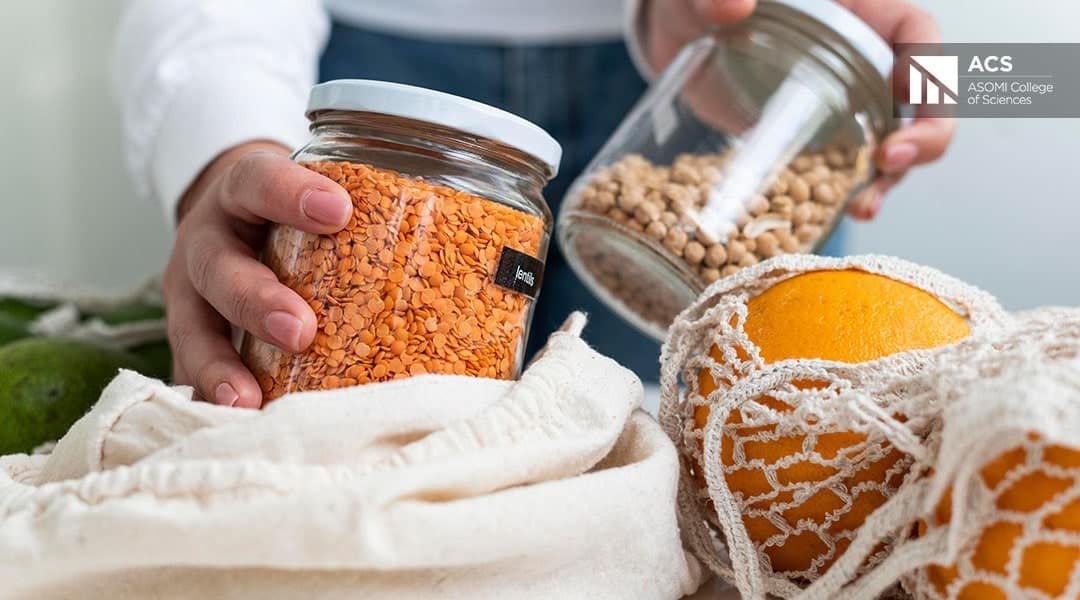Nowadays, more and more people talk about food sustainability. But why is it so essential to prefer sustainable kind of food? And what are the main steps for switching to a sustainable diet? Let’s talk it over.
Rethinking the food industry.
Alongside the water, food is, by no doubt, the essential resource for human life. And even though our society has seen a significant improvement in the distribution of wealth and food, not enough people on Earth have access to food.
While some parts of the world struggle to have proper access to food, others are wasting it. Even worse is that the countries that have enough – and sometimes more than enough – food are not just wasting it but also using food production tactics that contribute to pollution.
Now that the climate crisis is becoming a central issue of most policies and producers, it is essential to rethink the food industry. And not only on a local but also on a global level. We should educate ourselves and our children to embrace a more sustainable diet.
The damages of intensive farming.
First, most carbon dioxide emissions that cause holes in the ozone layer are caused by intensive animal food production. That happens mainly because intensive farming requires enormous quantities of clean water and soy or other cereals fed to the animals.
Now think about all these massive intensive farming plants and the fact that they require tons of food to feed their livestock. Consequently, what is provided to the animals, comes from what grows in fields. But as the demand for the areas to produce the fodder increases, more and more forests are cut down every year. So, intensive farming leads to deforestation.
Besides, once a piece of land is used for growing crops for years, it is most likely overtreated with pesticides and other chemicals and thus cannot be reused for decades. Last but not least, these fields need an efficient large-scale irrigation system, which requires vast quantities of water. However, animal food production isn’t the only reason to switch to a sustainable diet.

Secondly, the agriculture industry is the largest in the world and is also one of the most significant waste producers. There are many reasons, but one of the most widespread ones is that supermarkets discard imperfect fruit and vegetables.
Just think about the vegetables you see in a grocery store: they’re all well-displayed, clean, and have a regular shape. They’re – literally – spotless. Now, imagine if you were to have an apple tree in your garden. Then, think about the apples; would they all be perfect as displayed in a grocery store? Would all of them have a perfect shape and a shiny colour? Or would some of them be less oval, some smaller and some bigger? And think about what would happen if some fell off the tree. Would they have a spot where they hit the ground, or would they remain perfect as we’re used to seeing them at the supermarket?
Yes, exactly. Most of these apples would be flawed. Therefore, a significant amount of fruit and vegetables is discarded every day. And think of a year when heavy rains, storms, or hail hit a field the crops are growing on. In that case, nearly everything would be thrown away.
So, the biggest reason for waste in the agriculture industry is that the wholesalers want the producers to sort out the “wonky” fruit and vegetables.
Energy costs.
Food production requires energy, money, and water.
Nearly 30% of the world’s water irrigates farms and food. But that food often never arrives at its destination, not only because supermarkets might find some fruit or vegetables ”ugly” but also because a lot of it – including animal and plant-based food – rots during transportation.
So, most food is unusable before it gets to its destination. Thus, another significant cause of food waste is far-away transportation. That is why buying products from local and medium-small farmers and agriculturists is a way to eat sustainably.
Tips for sustainable dieting.
Here are a few tips for switching to a more sustainable diet:
– The first thing to do before getting your groceries is to make a list of what you need. You should keep in mind buying the right amount of food so that it would not rot in your fridge, and you should adopt techniques for storing your food correctly.
– Choose sustainable suppliers. Buy from local producers or supermarkets that sell sustainable products only.
– Buy locally. That reduces the carbon dioxide footprint as well as the food waste.
– Find out which products are not sustainable. Some products are not sustainable, no matter where you buy them from.
– And finally, do your research. You can bring about a change by beginning with basic web research. It is worth taking your time to research because it helps you understand how sustainable some products are and how to conduct a more sustainable lifestyle.
ACS: a committed college.
We from ASOMI College of Sciences want to inform you about the environmental issues and the activities that can be put forth to protect our planet.
If you are interested in reading more climate-related articles by ACS college, click here.




